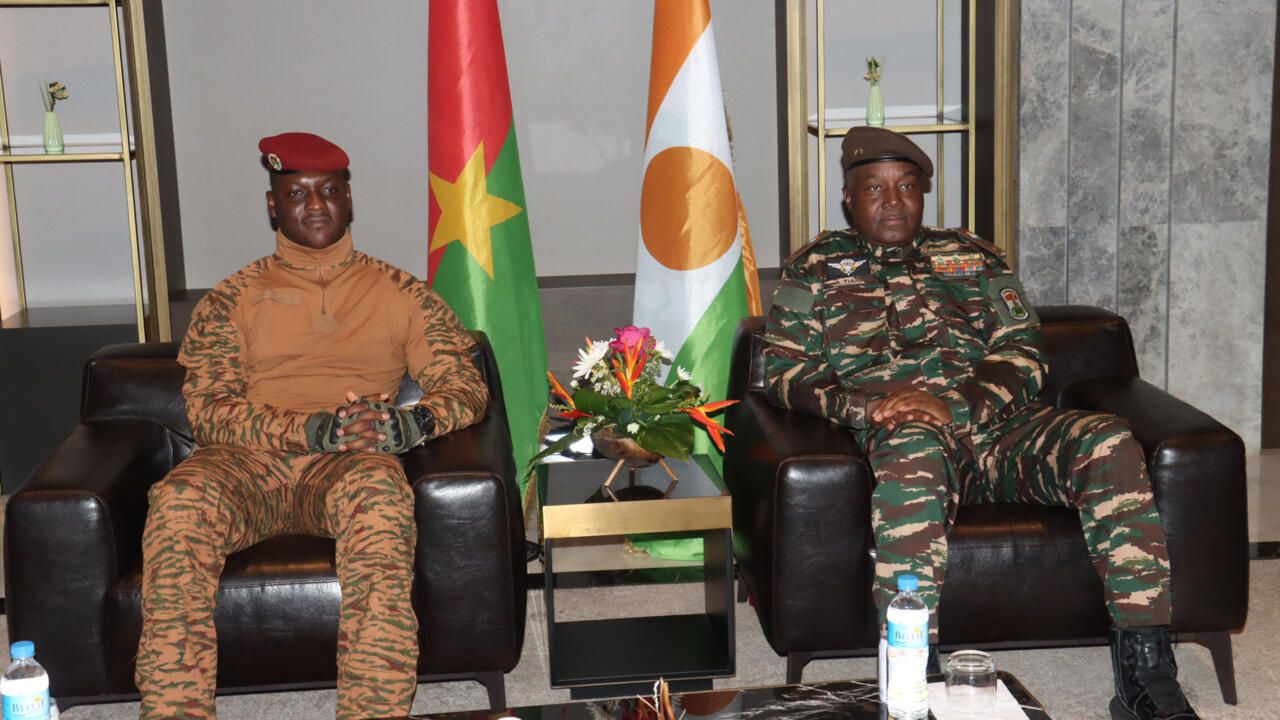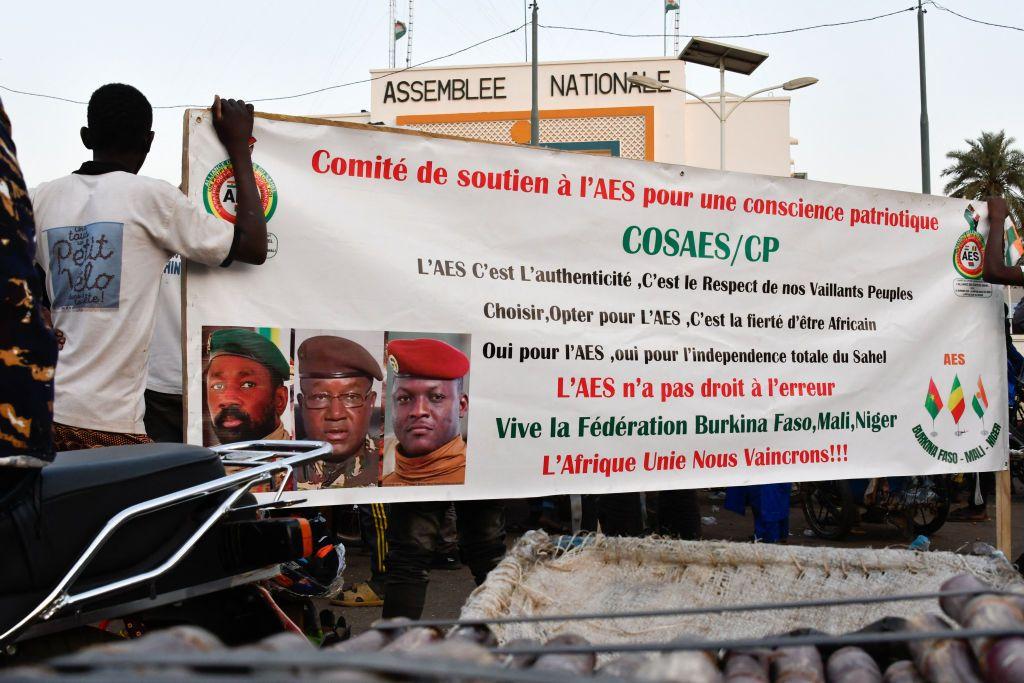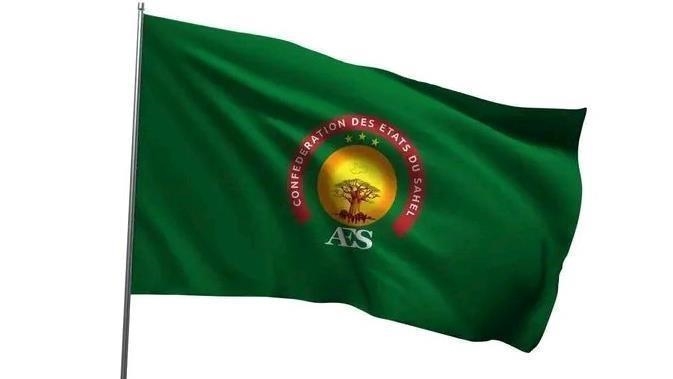Sahel Nations Withdraw from International Criminal Court, Citing "Selective Justice"
Mali, Niger, and Burkina Faso, the three member states of the Alliance of Sahel States, have jointly announced their immediate withdrawal from the Rome Statute and the International Criminal Court (ICC). The nations accuse the ICC of practicing “selective justice,” with simultaneous declarations made on Monday in their respective capitals.
Justification for Withdrawal
According to official statements, the withdrawal from the International Criminal Court (ICC) is a "sovereign decision" for each country. The three nations, currently under the leadership of coup leaders, have expressed a series of grievances against the international court, which is responsible for prosecuting those accused of genocide and serious crimes against humanity.
The joint statement claims that "over time," the ICC has transformed itself "into an instrument of neocolonial repression in the hands of imperialism, thus becoming a global example of selective justice". Mali, Niger, and Burkina Faso specifically accuse the ICC of "double standards."
Background and Context
The ICC, based in The Hague, is the world’s permanent global tribunal for war crimes, crimes against humanity, and genocide. The withdrawal was not entirely unexpected, given the military coups that brought the junta leaders to power in these three Sahelian countries, starting in 2020. Since these coups, the military leaders have shifted alliances, moving away from long-time partners in Europe and the West African regional bloc, Ecowas.
These nations have instead established new alliances, primarily with Russia, whose President Vladimir Putin faces an arrest warrant from the ICC over alleged war crimes related to the war in Ukraine. In March of this year, the three juntas also announced plans to create a Criminal and Human Rights Court of the Alliance of Sahel States, signaling a potential regional alternative to the ICC.
Allegations of Crimes and Potential ICC Cases
The three countries have been grappling with deadly violence from jihadist groups linked to Al-Qaeda and the Islamic State for years. However, the juntas' armies also face accusations of committing crimes against civilians. Tuareg associations in Mali and Burkina Faso filed a complaint with the ICC in June, targeting their nations' armies and the Russian paramilitary group, Africa Corps (formerly Wagner Group). These groups are accused of crimes against humanity and war crimes committed since 2022.
Specifically, the complaint targets the Malian Armed Forces (FAMA), the Burkinabe Forces, and Russian mercenaries from the Africa Corps. Human Rights Watch and other organizations have also accused Islamist militants, as well as the militaries and partner forces of Burkina Faso and Mali, of potential atrocity crimes. The ICC has had an investigation open in Mali since 2013, focusing on alleged war crimes committed primarily in the northern regions of Gao, Timbuktu, and Kidal.
International Reactions and Similar Actions
The withdrawal process from the ICC takes at least a year to complete. Earlier this year, Hungary also announced its withdrawal from the court, citing concerns that the ICC had deviated from its original purpose and become a "political body". The first country to leave the ICC was Burundi in 2017. South Africa and the Gambia have both threatened to leave, but later reversed or halted their decisions, with all three states claiming the court is biased against African countries. The Philippines left the court in 2019.
Ukraine's foreign ministry has criticized the actions of Burkina Faso, Mali, and Niger, stating that visits by their ambassadors to Russian-occupied Crimea violated international law. These developments indicate a growing trend of nations questioning the legitimacy and impartiality of the International Criminal Court.
 Visit the website
Visit the website






